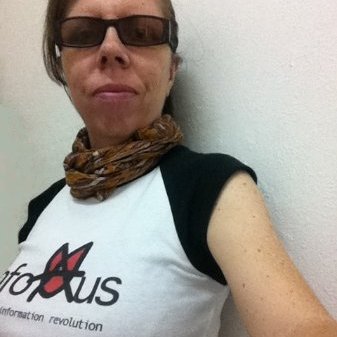 Note: This is a re-post on behalf of Rosie Williams. The original post can be found at https://openaus.net.au/blog/2015/08/17/open-data-open-government-a-new-paradigm/
Note: This is a re-post on behalf of Rosie Williams. The original post can be found at https://openaus.net.au/blog/2015/08/17/open-data-open-government-a-new-paradigm/
The internet is often hailed for its promise and role played in political change. Now anyone can blog or Tweet. Social media has played a major role in democratic uprisings around the world and ending political careers domestically. Likewise, open data is a new tool available to citizens in getting access to information that was previously kept under lock and key, to reveal insights not previously available even to government and provide another level of accountability of the government to the people. The term used to refer to this expectation and process is ‘open government‘.
In our modern democracies with governments now reaching into every corner of our lives, providing cradle to grave services as the largest employer/contractor in the country, we have come to expect a great deal from government. In recent years, the advent of the internet has brought with it an assumption that our power as individual citizens will increase and that this will mean a lessening of the power and control held by government and an increase in the power of the individual.
There is much written about the expectations on government but there is a corollary to theincreased engagement and participation projected by open government, specifically, an increase in the burden of responsibility must logically flow from the government back to the people.
Open data plays a role in this process of changing the relationship between citizens and government but this change must also transpire at the level of individual consciousness.
The more disconnected we feel from the democratic and policy process, the more we are inclined to blame the government for the ills we see. As citizen engagement and participation increases, the more power we should have over the outcomes – both good and bad. Increasing the power and responsibility of citizens is good for government as citizens (with the help of government) take more responsibility for solving problems. The role of government shifts from being the solution to every problem to being the facilitator of communities solving their problems. This is a paradigmatic shift.
I believe that open government heralds a new paradigm in modern politics, one where governments are no longer seen as the be all and end all in solving every problem but are seen as facilitators of our collective insights and abilities in solving our problems. Open data has an important role in open government in increasing transparency and accountability but it is up to us to engage with the government over open data and support open data projects for the very important role they play in empowering citizens with information they need to hold the government to account.

One thought on “Open data & open government – a new paradigm?”